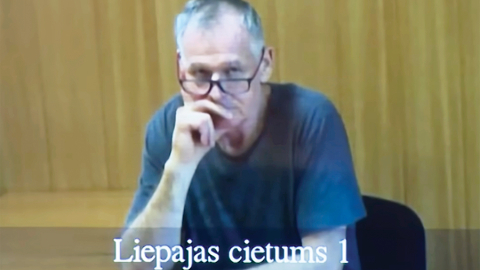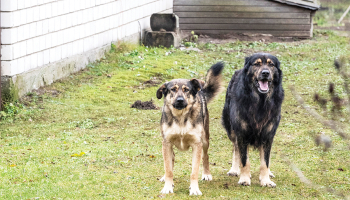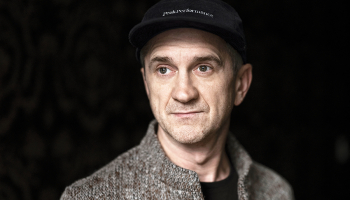
Kestutis Vanagas, F64
Open letter from Reporters Without Borders to Wikileaks founder Julian Assange
Reporters Without Borders (RWB), an international press freedom organisation, regrets the incredible irresponsibility you showed when posting your article ?Afghan War Diary 2004 ? 2010? on the Wikileaks website on 25 July together with 92,000 leaked documents disclosing the names of Afghans who have provided information to the international military coalition that has been in Afghanistan since 2001.
Wikileaks has in the past played a useful role by making information available to the US and international public that exposed serious violations of human rights and civil liberties which the Bush administration committed in the name of its war against terror. Last April?s publication of a video of the killing of two employees of the Reuters news agency and other civilians by US military personnel in Baghdad in July 2007 was clearly in the public interest and we supported this initiative. It was a response to the Obama administration?s U-turn on implementation of the Freedom of Information Act. The White House broke its word in May 2009, when it defied a court order and refused to release photos of the mistreatment of detainees in Afghanistan and Iraq.













